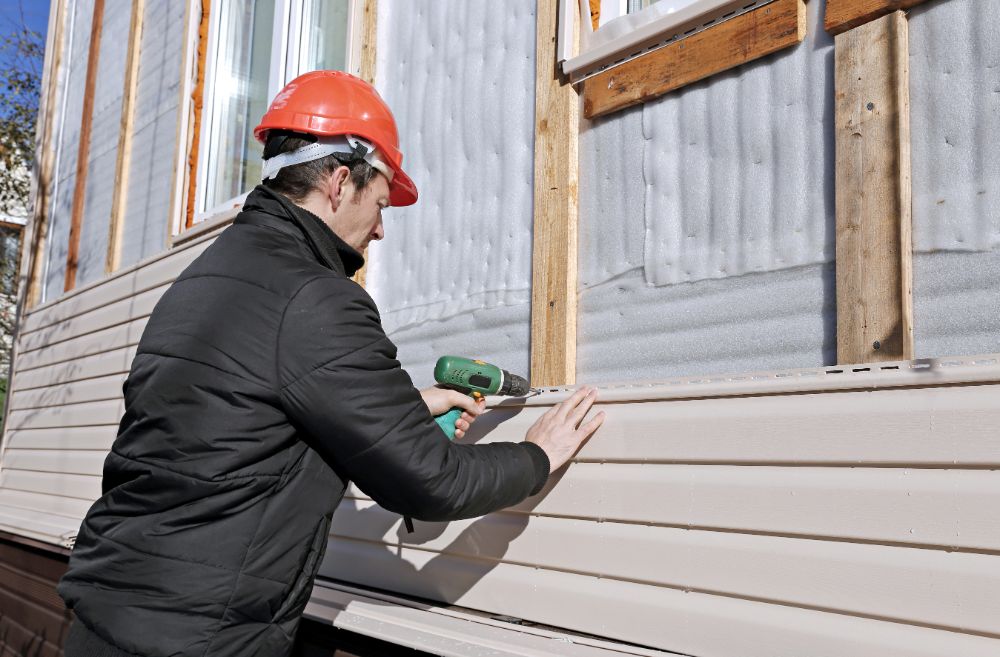There are plenty of options to choose from when it comes to selecting vinyl siding for your home. Nevertheless, regardless of the quality that you opt for, vinyl siding does not last forever. There are certain signs of wear and tear that will inform you when your vinyl siding needs replacing. Home repairs are going to cost you money but they cannot be avoided for long to prevent severe deterioration. Read on to find out when is a good time to replace vinyl sidings.
Melted Vinyl Siding
Your barbecue grill produces enough heat to cook a thick slab of meat – which is more than enough to melt vinyl siding. According to the U.S. Consumer Product Safety Commission, it is highly advisable for homeowners to grill from a distance of at least 10 feet away from their home to prevent igniting a fire.
During summer, grilling is an inevitable activity practiced by majority of families. This makes it even more essential for homeowners to implement proper fire safety measures. If there is any sign of warped vinyl siding, the grilling needs to be taken further away from the site. It may also melt if your neighbors have high efficiency windows, though this is a rarity.
Mold and Mildew
You can check your vinyl siding for any signs of white, gray, or black spots which can still be removed through power washing. However, this method may cause water to flow underneath your vinyl siding by force and eventually soak into cavities and insulation. This in turn creates the right conditions for mold and mildew to grow and thrive even longer. If you notice an obvious sign of mold and mildew on your home exterior, it is best to replace your vinyl siding.
Structural Damage
Old houses eventually settle which may cause their siding to bulge. If there is any structural damage, a full replacement may become necessary to prevent the home from caving in or collapsing.
Insect Damage
Vinyl siding helps keep your home away from various elements. However, it cannot help protect against earwigs, wasps, bees, ants, termites, and other insects that may be cause an infestation. One way to spot any insect shelters is to locate small holes where they usually burrow into.
Small holes are not just less appealing, but they may cause water damage as well. If you have an infestation problem, seek the help of an exterminator, and prepare to have your vinyl siding replaced.
Poor Installation
Vinyl siding can generally last for decades, but premature deterioration may still take place if it was poorly installed earlier. Vinyl siding that was nailed too tightly cannot be moved and this should not be the case. There needs to be enough room so that it can expand and contract according to temperature changes.
These signs of wear and tear are easy to spot and can help you save costs by detecting the problem at an early stage. Always perform occasional inspection to know that your vinyl siding is indeed in a good working condition.
If you are planning to sell your current home and are searching for a new piece of real estate in New Jersey, do not hesitate to contact NJLux today.




